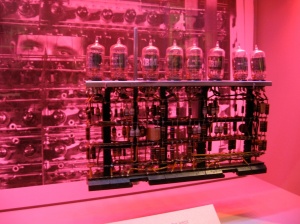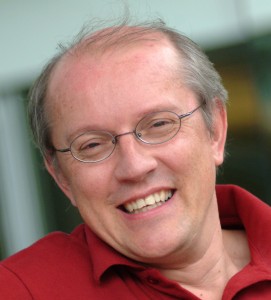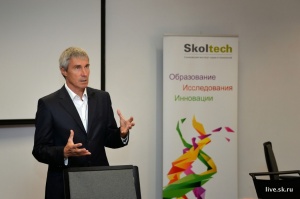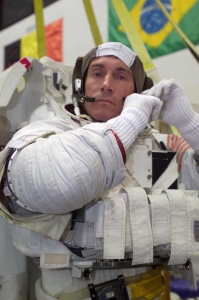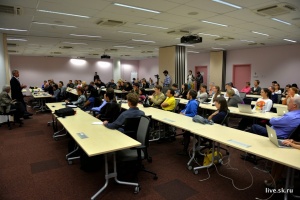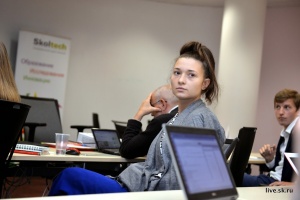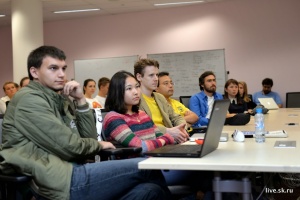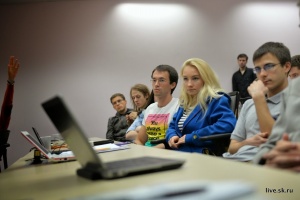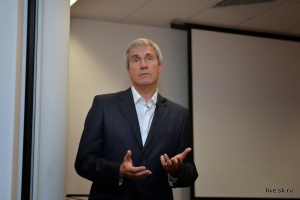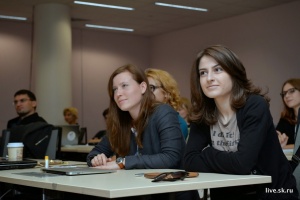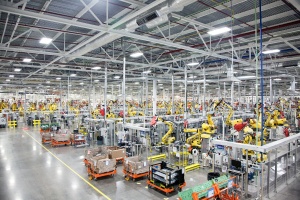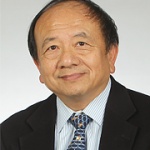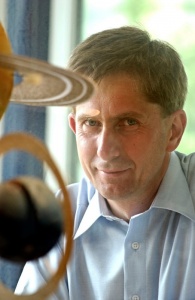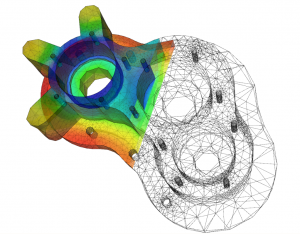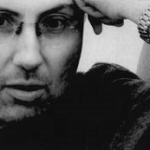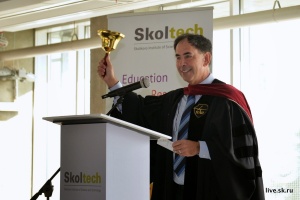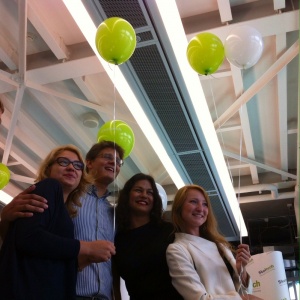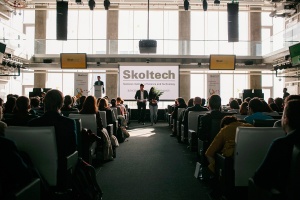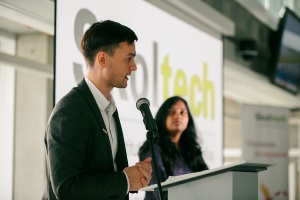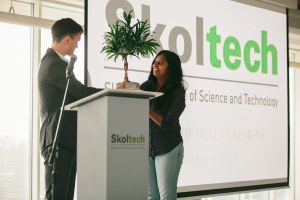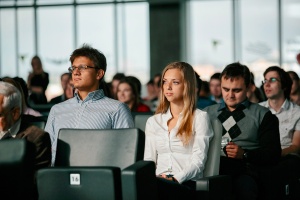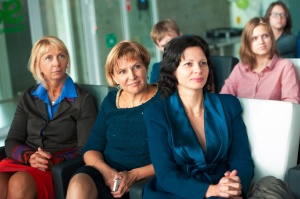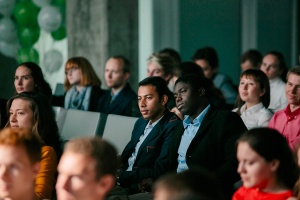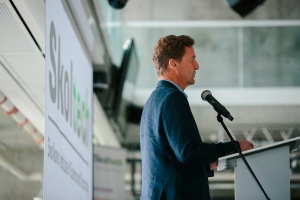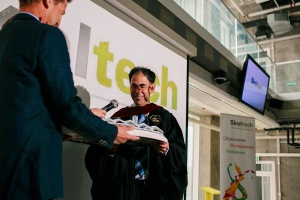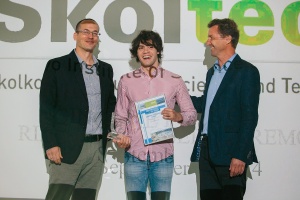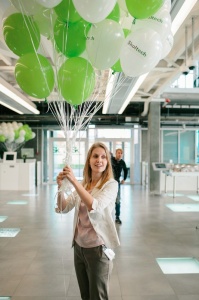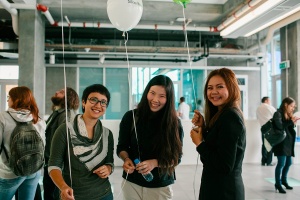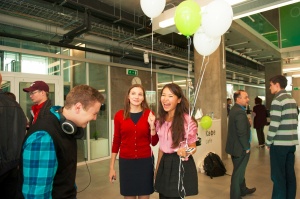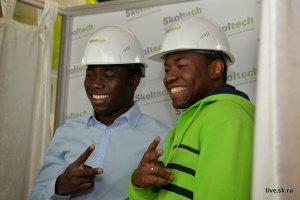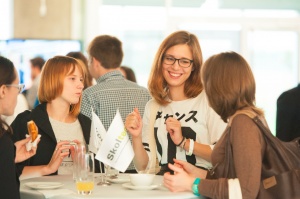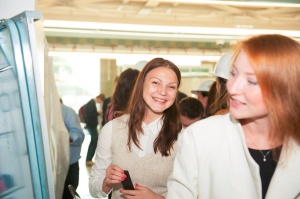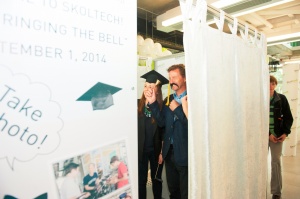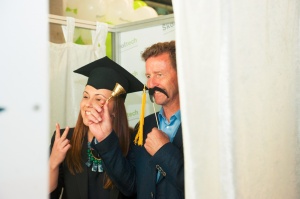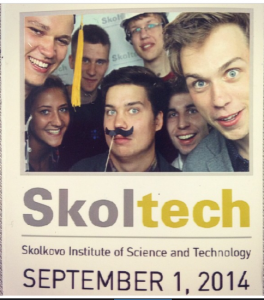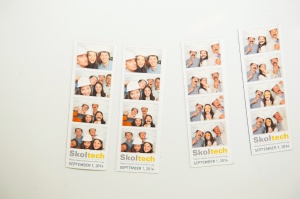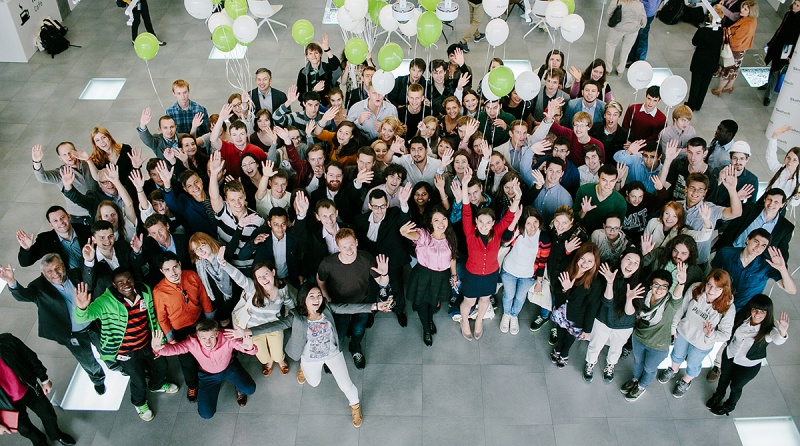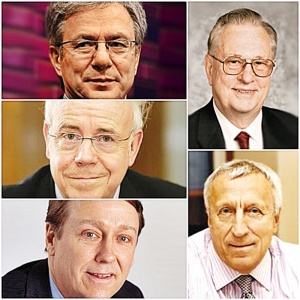
Members of Skoltech’s board of trustees (from top right clockwise) Arden L. Bement, Alexander Kuleshov, Jan-Eric Sundgren, Ernst-Ludwig Winnacker, Alexander Galitsky
Ahead of Skoltech’s board of trustees meeting in Boston, Massachusetts, we conducted a series of short talks with five of its members. We present their key points here with the hope to shed light on ideas and policies they believe will shape the university’s future, and provide a closer-than-usual encounter with the persons who formulate these concepts and strategies. Meet the people that make up our BoT.
Interviews by David Nowak, Alina Sazonova and Ilan Goren
1. What is your opinion on what Skoltech has achieved since it has been in operation?
Arden L. Bement, Director for the Global Policy Research Institute at Purdue University
Skoltech has become an operating global institute with officers, faculty and students recruited against the highest standards from around the world. Both the new faculty and the students have received special training in innovation and entrepreneurship at MIT.
Three centers for research, innovation and entrepreneurship (CREIs), two in bioscience and one in electrochemistry, have been established and two more, in energy and quantum materials, are pending approval. Moreover, most of the performance metrics for the first three years have either been met or exceeded.
The students are clearly outstanding. They’ve been very carefully selected, and they would compete well in almost any university in the world.
Alexander Kuleshov, Director of the Institute for Information Transmission Problems (Kharkevich Institute)
The most important thing in the development of Skoltech – is that it was actually established and began operations. But there is still a very long way. The success of a new university built from scratch can be achieved only with active support by the government. I’m very high on the potential in Russia for economic development. Skolkovo and Skoltech are feeding talent into that economic engine. But to create jobs and build the Russian economy, changes are going to have to be more widespread.
Alexander Galitsky, Co-Founder and Managing Partner, Almaz Capital
“What I have heard from the students is that they’ve gained big international experience in understanding industry requirements and needs. It’s very important for graduate universities that people become involved in the global value creation chain, and in introducing new technologies and innovation.
Ernst-Ludwig Winnacker, Secretary General of the Human Frontier Science Program Organization
A lot has been achieved. Skoltech’s president Ed Crawley did a great job in developing a concept and putting it into practice. The university developed CREIs (Centers for Research, Education and Innovation), recruited students and faculty and developed contacts with the best institutions, and not just MIT. This is quite an achievement.
Jan-Eric Sundgren, Senior Adviser to the CEO, Volvo Group
The task is formidable. However, Skoltech has not only recruited excellent students, faculty and staff members, adopted a new and innovative strategy but is already starting to gain an international reputation.
2. How important is Skoltech to develop talent in Russia? How useful can and should it be for this country’s society and economy?
JES: Skoltech provides a new possibility to attract and recruit top talents. Russia is a very large country. But by inspiring other domestic universities and by building strong international networks Skoltech’s effect will be much larger than it size.
ELW: Education is everything. It is the future of Russia, Europe and everyone else. Investment in universities and in good structures and young scientists is crucial. From that the translation to technology will grow. Skoltech needs to become a model for doing this.
AG: Skoltech is one of the key drivers to rebuild the education system in Russia. Traditionally, universities educated people generally, but never taught students the profession of a scientific job. Skoltech marks a paradigm shift and now professors are giving students various tools to become professionals.
3. How important is Skoltech’s role in international collaborations?
AB: Skoltech was conceived as a global institute from the outset. Its outlook is accordingly international and focuses on bringing global technology advancements to Russia. Through Skoltech’s Centers for Research, Education and Innovation program, Skoltech will discover new technology concepts and generate intellectual properties that will have high market value in world markets.
ELW: You need to have the right level of both cooperation and competition. Compete for students and professors, but also collaborate. Many of the problems in Russia and worldwide can only be solved by cooperation: climate, drinking water, energy. You must develop structures and multidisciplinary research centers – like stem cells or nano-tech – which help the right people work together. But make sure you recruit the best people.
AK: Becoming a leader in collaborations with Russian and foreign universities, is one of Skoltech’s most important goals. To achieve that, you need to involve researchers who worked in and with western universities and laboratories and maintain contacts globally. In science, personal relationships are crucial.
3. What is the significance of the collaboration with MIT?
AK: When you build a completely new institute it is extremely useful to bring in well-known universities as mentors of sorts. MIT can offer an immensely experienced faculty, programs, courses, and extensive experience of building startups. The only question is to what extent is MIT positioned to share with us all this knowledge.
AB: MIT is one of the top institutes of technology in the United States and the world. It has gained its reputation through graduating top talent for all sectors of the global society, creating important scientific and technology discoveries and starting new business enterprises in many places around the world. It also has a wealth of experience in innovation and entrepreneurship in that has been recognized by Russia’s leaders as having high value to Russia in diversifying its economy.
ELW: The system of higher education in the US, where MIT and Caltech and other institutions operate, is highly impressive and innovative. That is why the cooperation with MIT is so crucial. It reminds all of us where and how to go.
4. How long before the Skoltech project starts paying off? How do you see its role expanding over the next five or six years?
ELW: Hard to say, as there are very few examples like this. This is a wonderful opportunity: building a university from scratch. You have to have the right mixture of senior and junior faculty but no hierarchy. Everyone needs to be a scientist. They key is not too many directors giving orders. Young people have great ideas. You have to let them thrive.
JES: The completion of a real campus is of utmost importance if Skoltech is to be able to deliver on its high ambitions. This is also essential to gain real momentum both to build up in-house research facilities and create a real student life. The possibility to create an attractive campus will imply many new possibilities in the next 5 years.
AB: Skoltech, to my knowledge, is the only institute designed ab initio to educate leaders with a solid grounding in STEM (science, technology, engineering and mathematics) education at the graduate level and to integrate this education with experimental learning in the practices of innovation and entrepreneurship.
In the process of this learning, the students will be involved in frontier research. These graduates will be in very high demand around the world. A key issue is how to develop the incentives, career growth paths and innovative environments that will encourage them to build their careers in Russia.
5. Is Skoltech the kind of institute you would sign a check for in that capacity?
AK: Yes. I’m an optimist.
